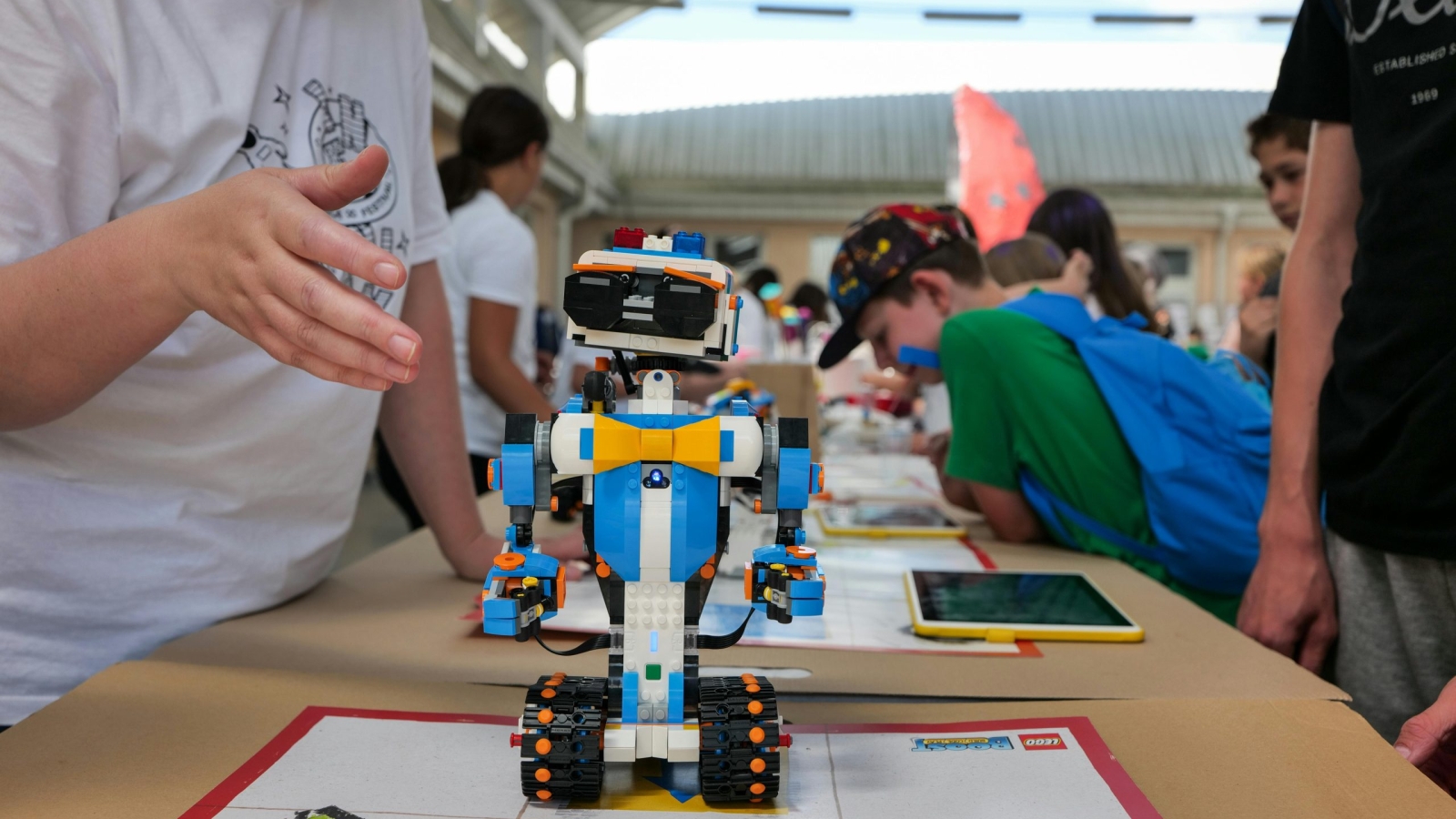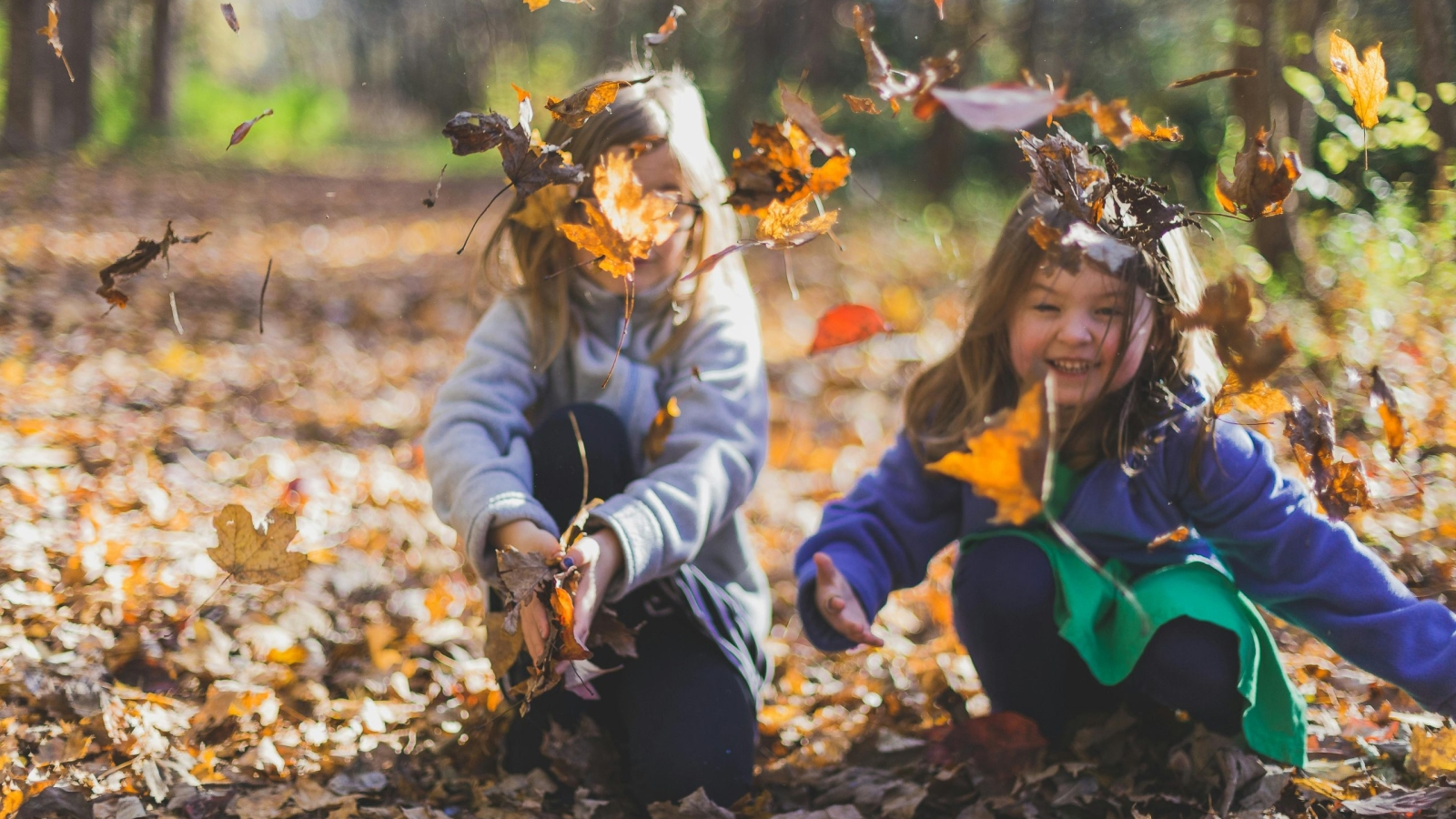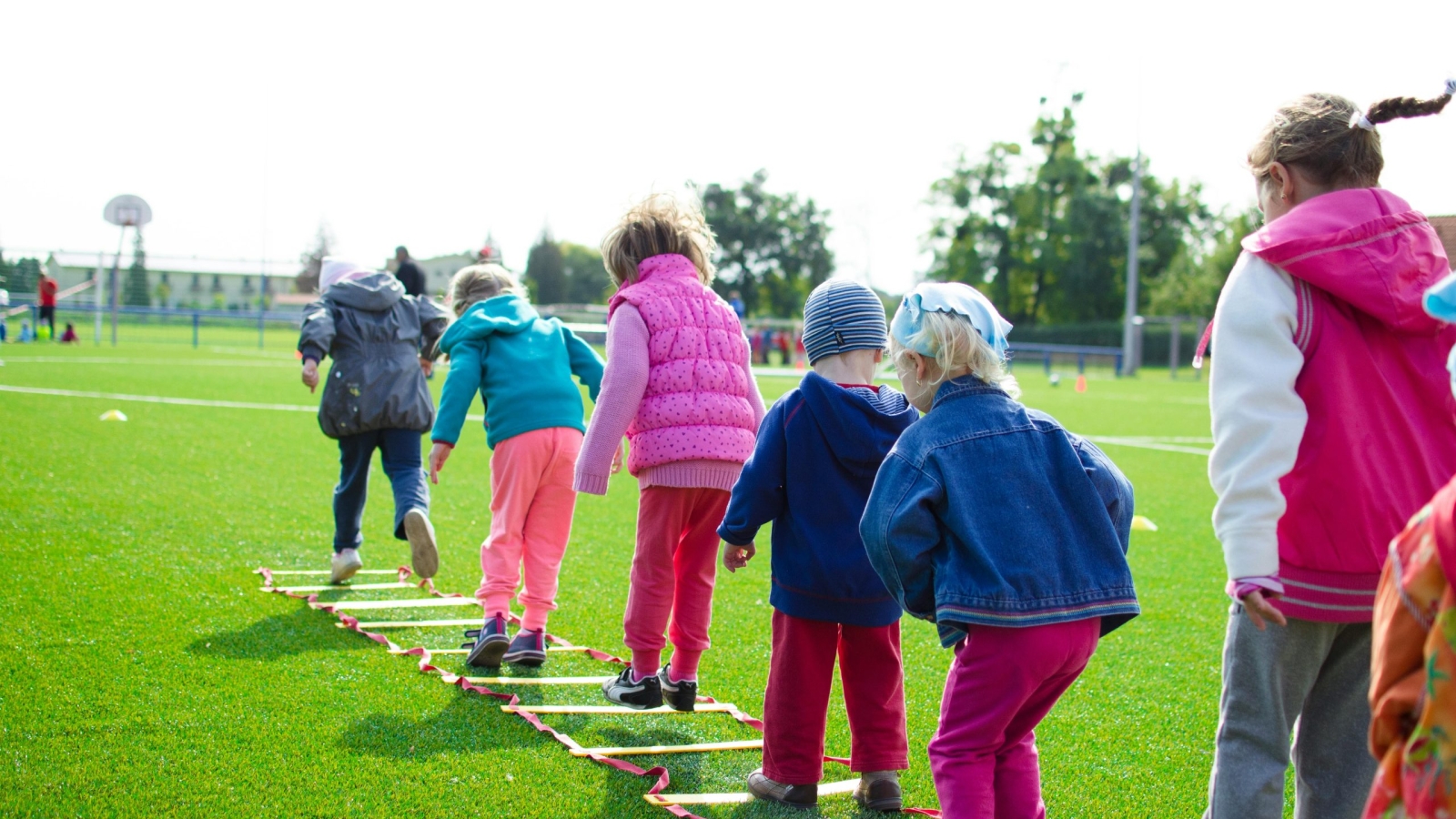School tours, those eagerly anticipated excursions away from the confines of the classroom, hold a special place in the hearts of students everywhere. Beyond the thrill of exploration and adventure, these outings offer a wealth of benefits, particularly for shy students who may find solace in the comfort of familiar surroundings. Let’s embark on a journey to uncover how school tours serve as transformative experiences for introverted learners, unlocking their potential and nurturing their confidence along the way.
-
Experiential Learning: School tours transcend traditional classroom instruction, providing students with hands-on experiences that engage their senses and spark their curiosity. For shy students, this immersive approach to learning offers a unique opportunity to break free from the constraints of their comfort zones. Whether it’s exploring a museum, venturing into nature, or visiting a historical site, these real-world encounters encourage shy students to interact with their surroundings in meaningful ways, fostering a sense of connection and empowerment.
-
Shared Experiences: School tours foster a sense of camaraderie among students as they embark on shared adventures and discoveries. For shy individuals, the prospect of navigating unfamiliar territory alongside their peers may initially seem daunting. However, as they engage in group activities, collaborate on projects, and share moments of awe and wonder, bonds are forged, and barriers are broken down. These shared experiences not only cultivate a sense of belonging but also provide shy students with a supportive network of peers who understand and accept them for who they are.
-
Unstructured Social Interaction: Unlike the structured environment of the classroom, school tours often offer moments of unstructured social interaction, allowing shy students to engage with their peers in more organic ways. Whether it’s chatting during the bus ride, exploring exhibits together, or enjoying a picnic lunch, these informal settings provide ample opportunities for shy individuals to practice their social skills in a relaxed and supportive environment. Over time, they may find themselves more willing to initiate conversations, share their thoughts, and forge new friendships outside the confines of their comfort zones.
-
Building Confidence: Each new experience encountered during a school tour presents shy students with an opportunity to challenge themselves and expand their comfort zones. Whether it’s speaking up during a guided tour, participating in a group activity, or expressing their opinions during a discussion, these small victories contribute to the gradual development of confidence and self-assurance. As shy students navigate unfamiliar terrain and overcome obstacles along the way, they discover hidden strengths and talents they never knew they possessed, laying the foundation for future growth and success.
-
Cultivating Curiosity: School tours ignite a sense of curiosity and wonder in students, inspiring them to ask questions, seek answers, and explore the world around them with an insatiable thirst for knowledge. For shy individuals, this sense of curiosity serves as a powerful catalyst for personal growth and self-discovery. As they immerse themselves in new experiences, engage with diverse cultures, and encounter unfamiliar perspectives, they broaden their horizons and expand their understanding of the world, gaining confidence in their ability to navigate life’s complexities with courage and resilience.
In conclusion, school tours are far more than just a break from routine—they are transformative experiences that have the power to shape the lives of shy students in profound ways. Through experiential learning, shared experiences, unstructured social interaction, confidence-building opportunities, and a cultivation of curiosity, these outings empower introverted learners to embrace the richness of the world around them, unlocking their potential and paving the way for a future filled with possibility and promise.




